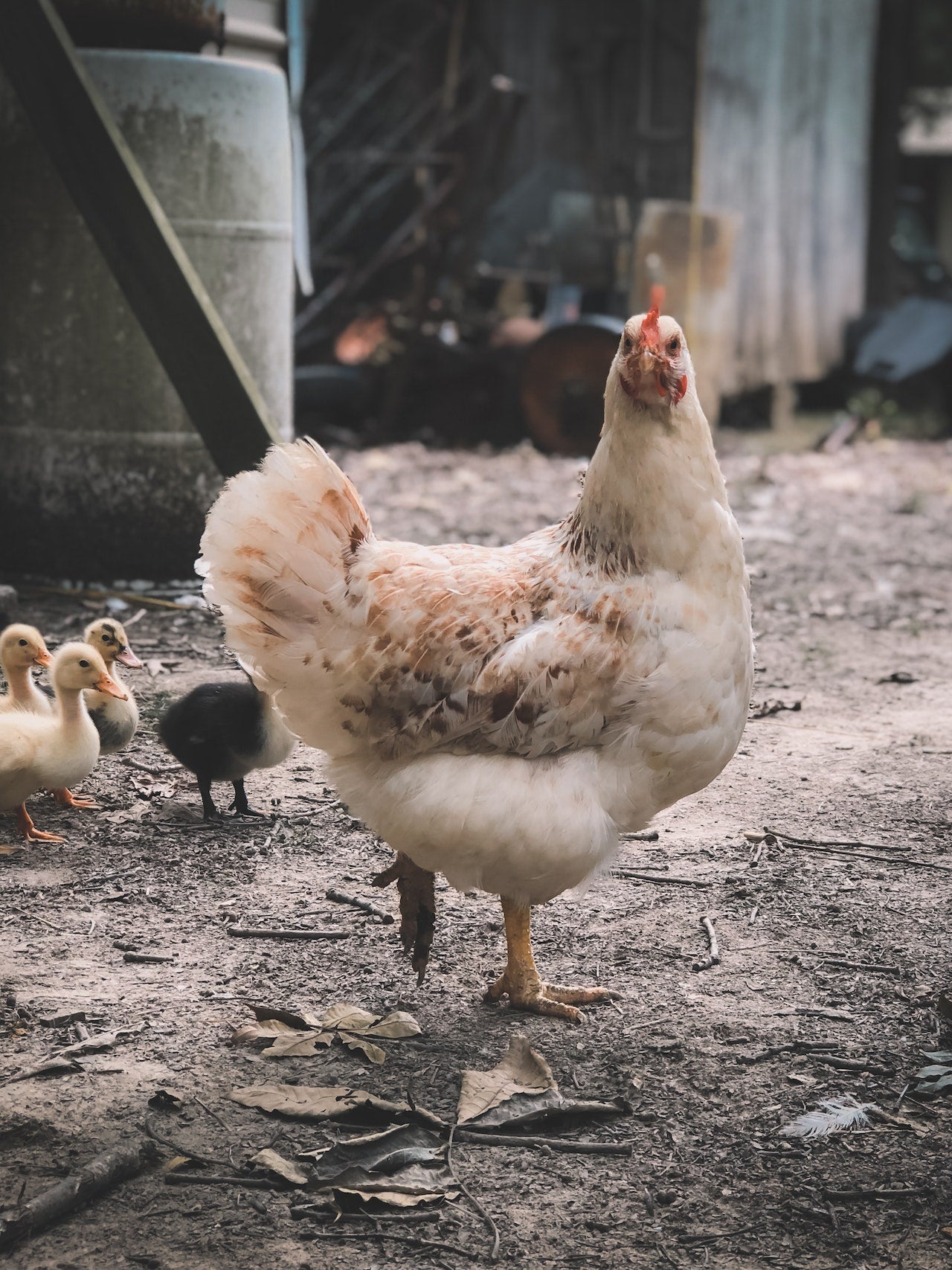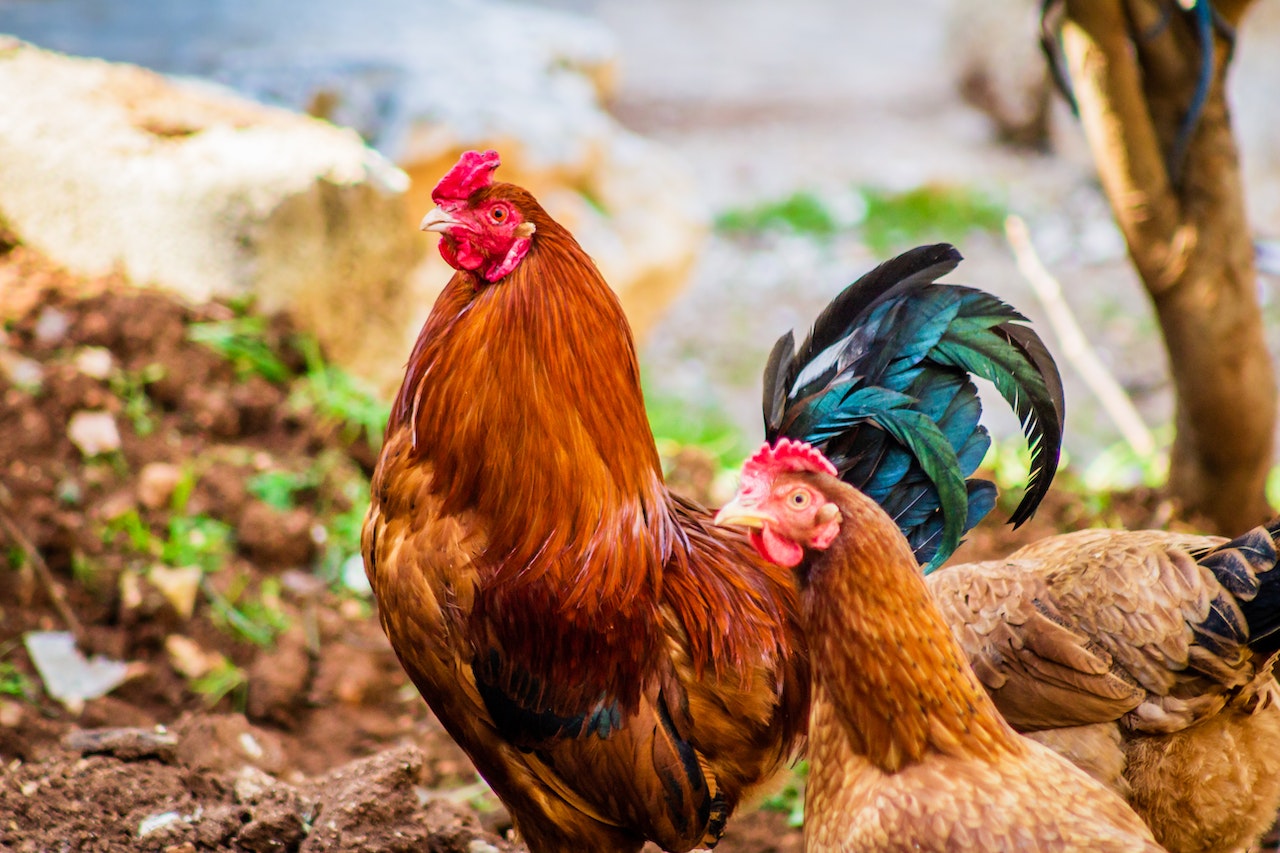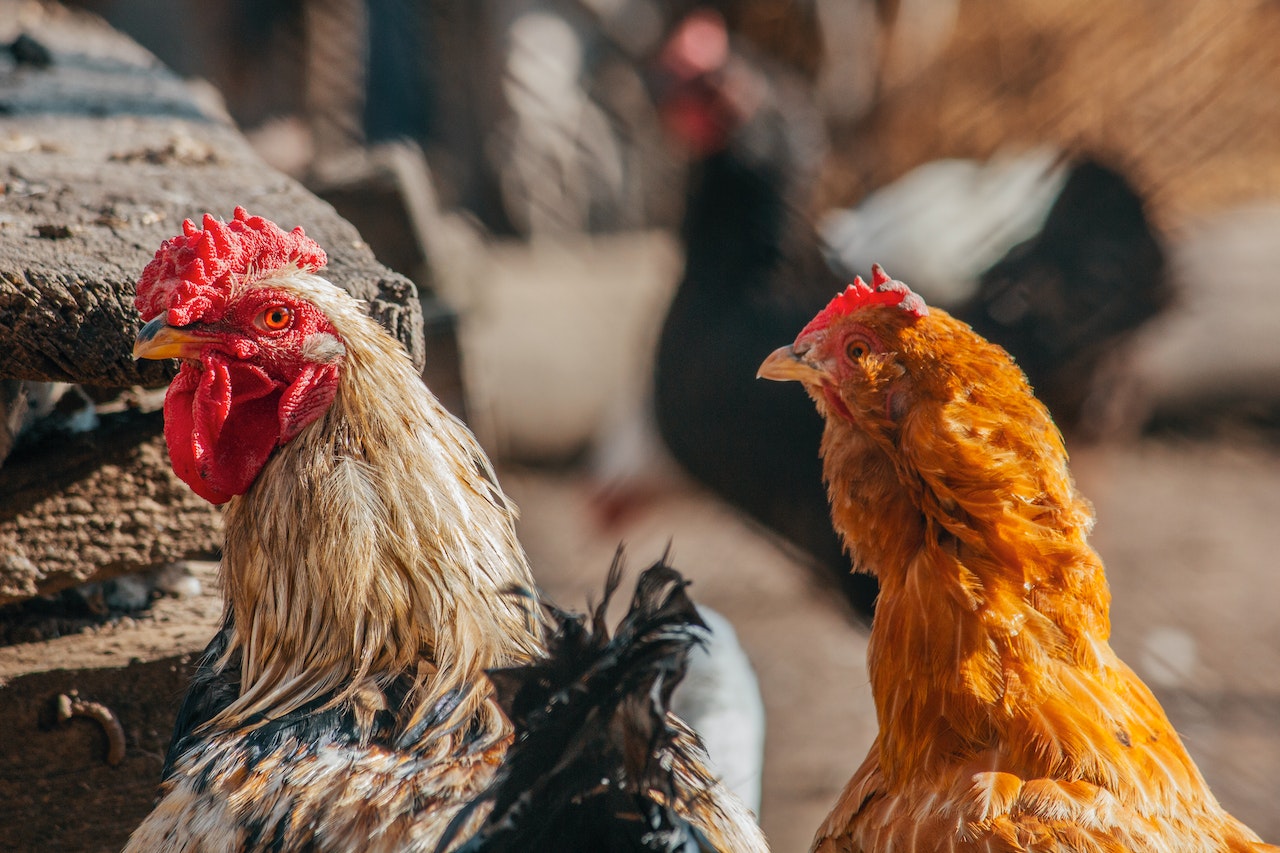
Chickens are known for their diverse eating habits, which often leads to questions about what they can safely consume. One such query is whether chickens can eat shrimp. In this article, we will explore the topic of feeding chickens shrimp, including the potential benefits, considerations for different age groups, the suitability of shrimp tails and shells, and guidelines for incorporating shrimp into a chicken's diet. Understanding the relationship between chickens and shrimp can help chicken owners make informed decisions about their flock's nutrition.
Can Chickens Eat Shrimps?
Yes, chickens can eat shrimp. Shrimp can be a nutritious addition to a chicken's diet when offered in moderation.

Are Shrimps Good for Chickens?
Shrimp can indeed be beneficial for chickens when offered as part of a balanced diet. Shrimp is a protein-rich food that provides essential amino acids necessary for muscle development, tissue repair, and overall growth. Including shrimp in a chicken's diet can contribute to meeting their protein requirements and support their overall health and well-being.
Health Benefits of Shrimp
Shrimp offers several health benefits for chickens. Apart from being an excellent source of protein, shrimp also contains essential nutrients such as omega-3 fatty acids, vitamins B12 and D, and minerals like selenium and zinc. These nutrients support immune system function, enhance feather quality, promote reproductive health, and contribute to overall vitality. Including shrimp in a chicken's diet can provide a nutritional boost and help ensure a well-rounded diet.
Here are some notable health benefits of shrimp for chickens:
- Protein Source: Shrimp is a high-quality protein source, containing all essential amino acids that chickens require for growth and development. Protein is crucial for muscle formation, tissue repair, and overall body function in chickens. Including shrimp in their diet helps ensure they receive an adequate amount of protein to support their overall health and vitality.
- Omega-3 Fatty Acids: Shrimp is a rich source of omega-3 fatty acids, particularly EPA (eicosapentaenoic acid) and DHA (docosahexaenoic acid). These fatty acids are beneficial for chickens as they support brain health, improve feather quality, and boost immune system function. Omega-3 fatty acids also have anti-inflammatory properties, contributing to overall well-being.
- Vitamins and Minerals: Shrimp contains essential vitamins and minerals that are beneficial for chickens. It is a good source of vitamin B12, which is important for nerve function and energy metabolism. Shrimp also provides minerals like selenium and zinc, which support immune system function and promote healthy feather growth in chickens.
- Antioxidants: Shrimp contains antioxidants such as astaxanthin, a pigment that gives shrimp its pink color. Astaxanthin has been shown to have potent antioxidant properties, protecting cells from oxidative damage. Including shrimp in a chicken's diet can help reduce oxidative stress and support overall health.
- Improved Egg Quality: The nutrients found in shrimp can have a positive impact on egg production and quality in chickens. The protein, vitamins, minerals, and omega-3 fatty acids present in shrimp can contribute to healthier egg development, leading to stronger shells and improved yolk quality.
It's important to note that while shrimp offers health benefits, it should be fed to chickens in moderation and as part of a balanced diet. Shrimp should not replace a complete and nutritionally balanced feed specifically formulated for chickens. Additionally, ensure that the shrimp provided to chickens is fresh, properly cooked, and free from any additives or seasonings that may be harmful to their health.
Can Chicks Eat Shrimp?
While adult chickens can safely consume shrimp, it's important to exercise caution when feeding shrimp to chicks. Chicks have developing digestive systems that may not be able to handle shrimp initially. It's advisable to wait until chicks are older and their digestive systems have matured before introducing shrimp into their diet. Gradually introducing small, finely chopped or ground shrimp to older chicks can help them adapt to this new food source.
Can Chickens Eat Shrimp Tails
Chicken owners may wonder if shrimp tails are safe for chickens to eat. It's generally best to remove the tails before offering shrimp to chickens. Shrimp tails can be sharp and potentially pose a choking hazard to chickens. Removing the tails reduces the risk of injury and ensures a safer eating experience for the chickens.
Can Chickens Eat Shrimp Shells
Shrimp shells are not suitable for chickens to consume. Shrimp shells are hard and can be difficult for chickens to digest. Ingesting shrimp shells may cause gastrointestinal issues or blockages in chickens. It's important to remove the shells before offering shrimp to chickens, allowing them to focus on the more nutritious parts of the shrimp.
How to Feed Chickens Shrimp
When feeding chickens shrimp, it's important to follow these guidelines:
- Cooked and Unseasoned: Offer chickens cooked shrimp without any seasonings, spices, or additives. Avoid giving them raw shrimp, as it may contain harmful bacteria.
- Finely Chopped: Chop or grind the shrimp into small pieces, especially for younger chickens or those who are new to consuming shrimp. This helps make it easier for them to eat and digest.
- Moderation: Shrimp should be considered a treat and not a staple food. Offer shrimp as a supplement to their regular balanced feed, ensuring it doesn't exceed 10% of their overall diet.
- Quality Control: Use fresh shrimp that is safe for human consumption. Avoid providing shrimp that has been treated with chemicals, preservatives, or excessive sodium.
How Many Shrimps Can Chickens Consume
The quantity of shrimp chickens can consume depends on various factors, including the size of the chicken, their overall diet, and their individual health. Shrimp should be offered in moderation, as a treat rather than the primary source of nutrition. A general guideline is to provide a few small pieces of shrimp per chicken a couple of times a week. Observing their behavior, appetite, and overall health will provide insight into their preference and tolerance for shrimp.
Conclusion
Chickens can safely consume shrimp, which offers nutritional benefits, primarily due to its protein content and essential nutrients. However, it's important to exercise caution when introducing shrimp to chicks, remove shrimp tails to prevent choking hazards, and avoid providing shrimp shells, which can be difficult for chickens to digest. By following appropriate feeding guidelines, chicken owners can offer shrimp as a supplement to their flock's diet, contributing to their overall health and well-being. Remember, moderation and a balanced diet are key when incorporating shrimp or any treats into a chicken's feeding routine.



